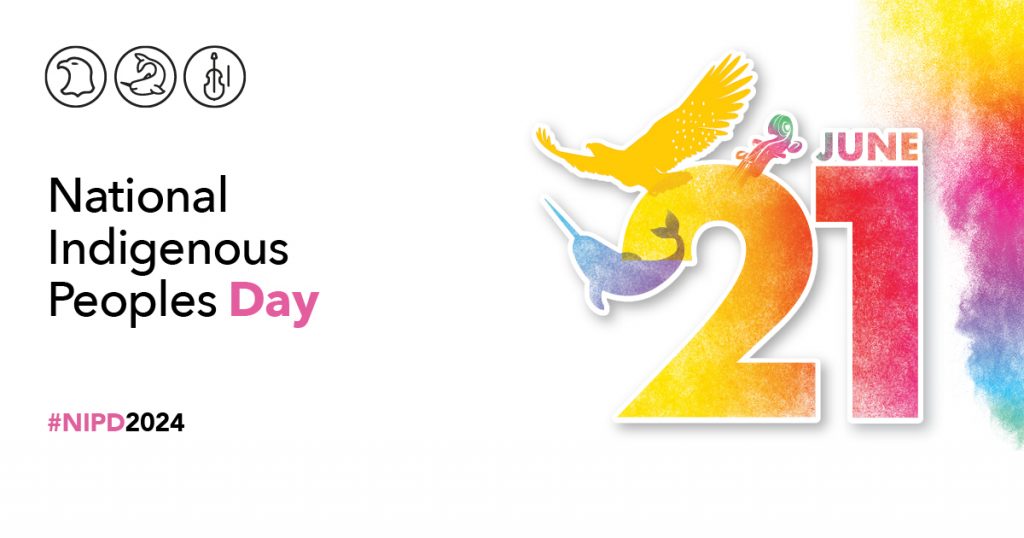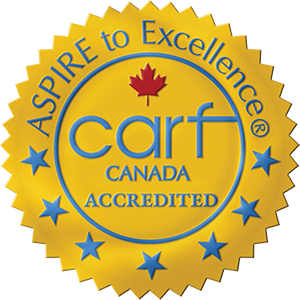Celebrating National Indigenous History Month and National Indigenous Peoples Day: A commitment to Truth and Reconciliation and culturally competent support

(June 20, 2024 – New Westminster, B.C.)—Tomorrow, June 21, is National Indigenous Peoples Day, set within National Indigenous History Month which is honoured in Canada throughout June. At this time, Family Support Institute of British Columbia (FSI) reaffirms its unwavering commitment to supporting First Nations, Métis, and Inuit children, youth, adults, and families across the province. Our dedication to Truth and Reconciliation, grounded in our organizational values and guided by the United Nations Declaration on the Rights of Indigenous Peoples (UNDRIP), calls for an end to systemic inequities faced by Indigenous communities.
FSI’s Commitment to Truth and Reconciliation
FSI stands in solidarity with Indigenous peoples in their pursuit of justice and equity. We acknowledge the historical and ongoing impacts of colonialism, and we commit to working respectfully with Indigenous nations to address intergenerational trauma and the intersections of race and disability. Our commitment to Truth and Reconciliation includes the following key actions:
- Awareness and Understanding: We strive to learn and understand our shared history, fostering relationships rooted in mutual respect. This journey is essential for building a stronger, healthier future together.
- Advocacy for Indigenous Rights: FSI supports the comprehensive implementation of the Truth and Reconciliation Commission’s (TRC) Calls to Action. This includes advocating for culturally safe supports and public services for all First Nations, Métis, and Inuit children, including those living off-reserve in urban centres and those eligible for Jordan’s Principle.
- Collaboration and Solidarity: We call on all levels of government to provide transparent reports on reconciliation progress, ensuring accountability for the care and support of Indigenous children. By supporting Indigenous self-determination and choice, we aim to strengthen society.
Emphasizing First Peoples First
It is vital to emphasize First Peoples first and foremost because they are the original inhabitants of the land, with rich cultural histories, languages, and traditions that predate colonial settlement. Recognizing and honouring their priority in our shared history is a critical step in addressing the historical injustices they have faced and continue to face. By placing First Peoples first, we acknowledge their sovereignty and rights, and we commit to rectifying past wrongs through genuine and sustained reconciliation efforts. This emphasis helps to ensure that their voices and needs are highlighted and elevated in all aspects of our work.
Commitment to Anti-Racism
Our commitment to decolonization and anti-racism is integral to our mission. As the only provincial peer support organization for individuals and families with disabilities in BC, we stand firmly against systemic racism, prejudice, and discrimination. We recognize the complex injustice that racialized people with disabilities experience and commit to:
- Education and Training: Offering training and capacity-building opportunities for our staff, board, and volunteers to deepen their understanding of Indigenous cultures, languages, and histories and the effects of colonialism.
- Culturally Relevant Services: Collaborating with Indigenous communities and organizations to provide accessible, culturally relevant services for Indigenous children, youth, and families.
- Advocacy and Support: Using our platform to advocate for enhanced support and funding for marginalized communities and standing in solidarity with those impacted by systemic racism and discrimination.
Recognizing Multiple Marginalization of Disability and Indigeneity
At FSI, we recognize that Indigenous peoples with disabilities face multiple marginalizations, including but not limited to the impacts of ableism and systemic racism, compounding the degree of discrimination and inequity they may face. We recognize that we cannot examine any form of oppression in isolation. Therefore, we understand and support the experiences of Indigenous people through an intersectional lens, that is, applying intersectionality as a framework to affirm the complexity of ways they encounter barriers in everyday life.
Commitment to Creating Equitable Spaces
FSI strives to offer initiatives and supports that are mindful of the complexity of marginalization faced by Indigenous people with disabilities. This necessarily involves looking beyond equality and toward equity, recognizing that different people face different barriers. We strive to be intentional about designing equitable environments and systems for Indigenous peoples, staff, partners, and community members so everyone can access what they need to succeed. Our commitment to promoting equity and inclusivity involves:
- Inclusive Policies: Pushing for policies that recognize and address the specific needs of Indigenous peoples with disabilities, ensuring that their rights are upheld in all sectors, including health, education, and employment.
- Educational Initiatives: Implementing educational programs that raise awareness about the unique challenges faced by Indigenous peoples with disabilities, fostering understanding and advocacy within our organization and the broader community.
- Health and Justice Reforms: Promoting stronger health policies and criminal justice reforms to better address the needs of all Indigenous people with any disability.
Conclusion
As we celebrate National Indigenous History Month and National Indigenous Peoples Day, FSI renews its pledge to support Indigenous communities through meaningful actions and sustained partnerships. We invite our community and stakeholders to join us in this journey towards Truth and Reconciliation, ensuring that the voices of Indigenous peoples are heard, respected, and uplifted.
By aligning our actions with our commitment statements, FSI aims to be a catalyst for positive change, fostering a society that values and respects the rich cultural heritage and rights of Indigenous peoples. Emphasizing First Peoples first is not only a recognition of their foundational place in our shared history but also a crucial step towards achieving true reconciliation and equity. Recognizing the reality of multiple marginalization through both racism and ableism ensures that we address the complex challenges faced by Indigenous peoples with disabilities, paving the way for a more inclusive and just society.
Together, we can create a future where equity, respect, and understanding are the cornerstones of our society, and where Indigenous peoples are empowered to thrive.
For more information about FSI’s commitment to Truth and Reconciliation, please visit: https://familysupportbc.com/about/commitment-to-truth-and-reconciliation/
– 30 –
About Family Support Institute of BC:
The Family Support Institute (FSI) supports families who have family members with disabilities and mental health challenges. FSI is unique in Canada and is the only grass-roots, family-to-family support organization. FSI believes families are the best resource to support one another and the most vital voice for their family members. FSI supports all families with children of all ages, disabilities, and concurrent conditions. FSI’s supports are free to any family.
For media inquiries, please contact:
Angela Clancy
Executive Director
Family Support Institute of BC
(604) 540-8374 ext 6


